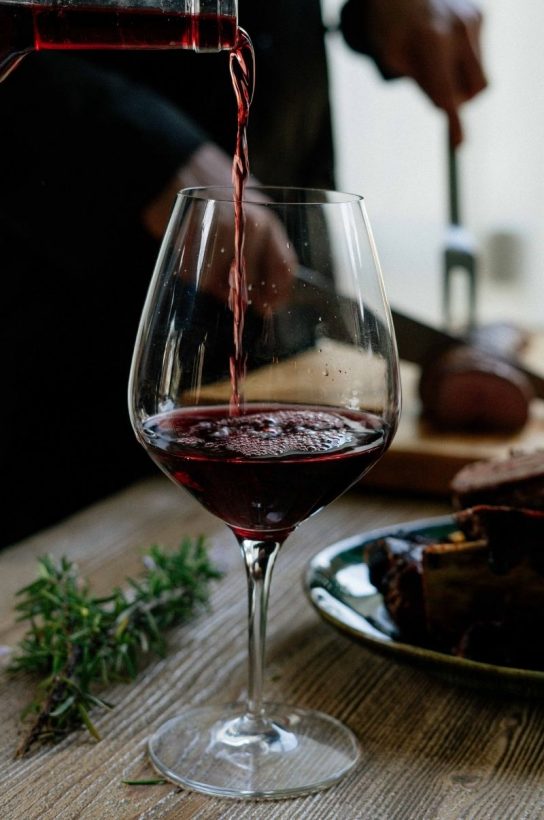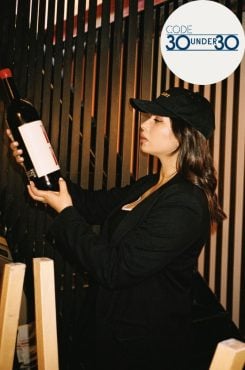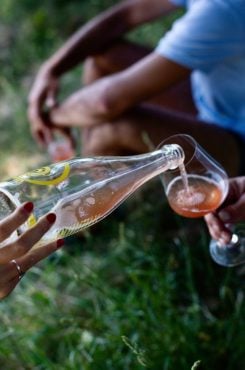Comment: Is the (wine) price right?
Published 11 March 2021
by Zeren Wilson

“Nothing tastes as good as skinny feels”, Kate Moss casually offered, during a 2009 interview. The remark was a throwaway line which she was quickly pilloried for, but I’ve been reminded today that we have a wine version that can be summed up: nothing tastes as good as expensive sounds.
An article in The Times is reporting that a study from Basel University in Switzerland by Jens Gaab, finds that people’s judgment of a glass of wine is “improved significantly if they are told it is four times more expensive than it really is”, which is a story that seems to do the rounds every couple of years, although one usually more likely to appear in The Daily Mail. We should all be shocked and insulted by this chap’s study. Oi, Jens, you saying most of us can’t tell the difference between vino collapso and Vosne-Romanée? You cheeky monkey.
While I’m sure there is more than a kernel of truth to this laudable if entirely pointless study (is there nothing more worthwhile to plough research funding towards?), it simply reinforces a pretty bloody obvious fact: enjoyment of wine is hugely impacted by context and wine knowledge, at both ends of the price scale. The kinda pricey Napa Valley cabernet sauvignon I was cooing giddily over this week at tasting for a restaurant, is unlikely to have achieved a positive result in this kind of study, as it was restrained, not ‘shouty’, and exactly the kind of wine that one of the ‘non-wine experts’ may easily have thought was cheap ‘plonk’ if told so. I reckon even if they were told it was expensive, it would have scored low. Enjoyment of this wine is steeped in knowing its typicity for the region, as well as its quality, and on my part, added pleasure from having visited California many times and instantly being transported to a wine shop in Yountville, a short stagger away from The French Laundry.
While we are all armed with the same tastebud receptors detecting sweet/sour/salty/bitter/umami, the world of wine does indeed lob us into scary vinous waters when tasting without reference points (or being lied to by nefarious studies) and carries with it all the associated baggage of: wine knowledge = sophistication. I still remember my early days having just joined Oddbins, and tasting wines with experienced staff members, with my own limited knowledge and zero reference points – it was an intimidating business, and if heads were nodding and agreeing it was ‘good’, it was easy to be swayed and go along with it. Tasting wines ‘blind’ is a game often played in the wine trade, for a bit of fun as well as an attempt at truly unbiased opinion forming, and I agree it has a place in a professional context. Foisting these tastings onto public guinea pigs? Nah, not so into that.
So, I can see the point the study is making, at a push: being told a wine costs more may well skew perception to rate it higher, but what is this really telling us? Does wine quality no longer matter? Should nobody buy wine over £8 ever again? Are those of us in the wine trade simply pimping overhyped to unsuspecting punters? Is the average wine drinker an ill-informed idiot to be made fun of in university studies?
Good wine tastes even better than skinny feels, I reckon, whatever its price.




